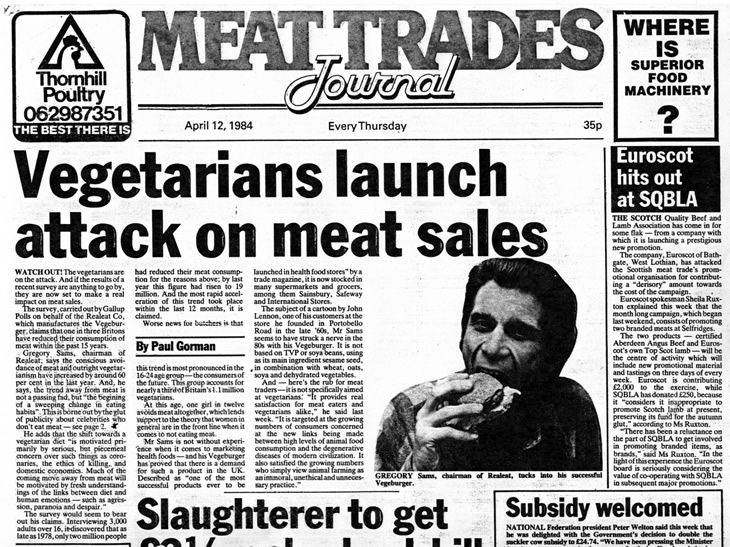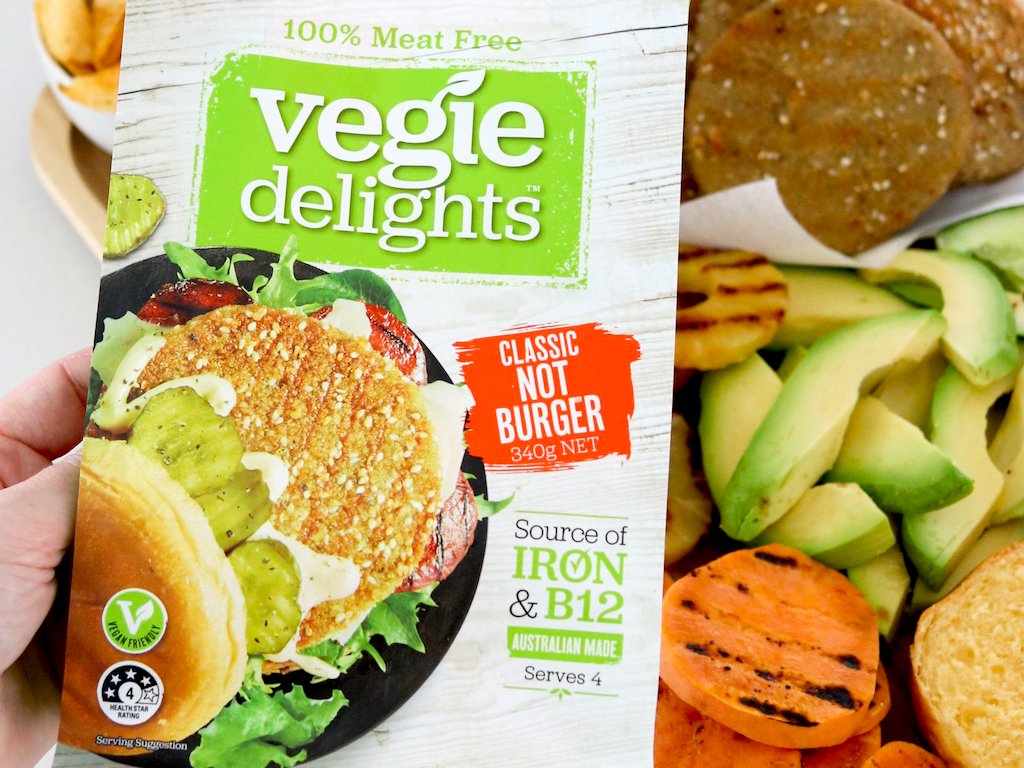4 Mins Read
All over the world, legislators are wasting their time (and our money) fighting battles about what to call foods we have been eating for decades. Apparently we consumers are so moronic that we are incapable of telling the difference between a meat burger patty and a Beyond Meat plant-based one, or between cow’s milk and cashew milk. This is autocratic protectionism masquerading as total idiocy. The average shopper is perfectly adept at identifying products correctly in a grocery store. We do it every day, and have been for ages, thank you very much.
Over in India, the battle on what to call plant-based milk is curdling. The Food Safety and Standards Authority of India (FSSAI) has put forth a draft amendment that will prevent companies who produce non-dairy alternatives from using the word milk on labels. Alternative milk entrepreneurs have been quick to respond, as evidenced by the below LinkedIn post by Goodmylk founder Abhay Rangan, whose company makes cashew milk and peanut yogurt.
We have been consuming soya milk for centuries and in Chinese languages, the term for it can be loosely translation as ‘bean milk’. According to Wikipedia, almond milk is actually the first plant-based milk noted on record in the Levant back in the thirteenth century. Also coconut milk is used across the planet and no one is complaining.
You may be surprised to learn that in the European Union, terms like ‘vegan cheese’ and ‘oat milk’ are already prohibited by existing legislation (milk is a reserved term for “the normal mammary secretion obtained from one or more milkings without either addition thereto or extraction therefrom”) and the battle around what to name plant-based or other meat alternatives has been going on since last year, with anti-veggie lawmakers arguing that beef-less burgers should be renamed ‘plant-based discs’ and calling into question terms like sausage too (which would be renamed the shockingly unhelpful ‘cylinder’).
Never mind that veggie burgers have been around for close to 50 years, with no mass reporting of extreme consumer confusion to date. For food history buffs, the Smithsonian’s piece on the origin of the veggie burger is worth a read. An enterprising macrobiotic entrepreneur created the VegeBurger in the UK back in the 80s. Over in the U.S., the first commercially available vegetarian patty burger, the Gardenburger, was created by Paul Wener at his Oregon restaurant The Gardenhouse back in the early nineteen eighties. Still, even in 1984, the meat industry was pissed, as the image below illustrates.
Read: Newly Formed Plant-Based EU Alliance Calls On Leaders To Transition Food System

The EU proposal, named Amendment 171 and being voted on next week (October 19-22 2020), is also taking on the entire European plant-based dairy industry, and looking to prohibit products that are visually imitating dairy ones. This means that a soy yogurt pot, for example, would not be allowed on a supermarket shelf lest it overwhelm clueless consumers.
Pundits on social media are expressing outrage, with one commenter writing “I guess the only positive in this is that the dairy industry is starting to feel threatened.” Truth. There’s more than a whiff of petty entitlement here, and it does feel like Big Food and Big Dairy are having a tantrum because their market shares are in jeopardy.
North America is not exempt from these nomenclature shenanigans. This past July, Miyoko Schinner, founder of the eponymous plant-based dairy company, recently won her legal battle against the state of California, permitting her to continue using the word butter for her dairy-free spreads. The presiding judge said in his ruling that “the state’s showing of broad marketplace confusion around plant-based dairy alternatives is empirically underwhelming.” You don’t say.
This, in the country that has a national love affair with peanut butter, the legume spread that is the stuff of kids sandwich dreams and that has been around since at least 1895, invented by none other than breakfast cereal maker John Harvey Kellogg. Has anyone ever left the supermarket with a tub of peanut butter only to get home and feel cheated that it wasn’t made from cows? Call me. I will happily suggest a good self-care plan. In the meantime, can we call foul on all this label silliness? We get it, Big Dairy and Big Meat. You’re feeling threatened. You’re losing market share. Your customers are changing their tastes. They want products that are healthy and sustainable and hey, cruelty-free. It’s not outrageous, it’s the future. So here’s an idea. Instead of wasting more time lobbying regulators, get in on the action. Tyson did. Nestle is doing it. You can too. Here’s what you or any law can’t do: stop progress.
Lead image courtesy of Oh So Busy Mum via Facebook.




